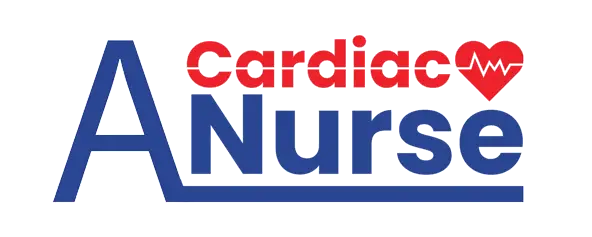Can a Graduate Nurse Work Without a License?

Introduction:
In recent years, the term “graduate nurse” has resurfaced, raising questions about their role and whether they can work without a license. This article aims to shed light on what a graduate nurse is and the circumstances in which they may find employment without a nursing license.
Can a Graduate Nurse Work Without a License?
Graduate nurses can work in facilities under certain conditions and supervision.
Can a Graduate Nurse Work as a Nurse?
A graduate nurse refers to an individual who has completed their nursing education but has not yet obtained their nursing license.
In the past, graduate nurses were more common due to the paper-based NCLEX examination, which could take weeks to yield results.
During this waiting period, these aspiring nurses were referred to as graduate nurses and often worked under certain conditions.
Working as a Nurse After Graduation: The Evolution of the NCLEX:
With advancements in technology, the NCLEX (National Council Licensure Examination) is now administered on a computer, allowing candidates to receive their results immediately.
This change significantly reduced the need for the “graduate nurse” position, as nurses could swiftly become licensed professionals upon passing the exam.
The Role of Graduate Nurses in Recent Times:
However, recent events, such as the COVID-19 pandemic, have prompted a resurgence of graduate nurses in healthcare settings.
In times of crisis, healthcare facilities may face a shortage of licensed nurses, leading them to hire graduate nurses who have completed their education and are awaiting licensure.

Special Circumstances for Graduate Nurses
It’s important to note that the ability of a graduate nurse to work without a license varies by jurisdiction and the policies of healthcare institutions.
Some states and healthcare organizations may allow graduate nurses to work under supervision and specific conditions.
These conditions typically involve limitations on the scope of practice and direct supervision by licensed nurses or healthcare professionals.
The Importance of Supervision:
Even in circumstances where graduate nurses are employed, they must work under the close supervision of experienced, licensed nurses or healthcare practitioners.
This ensures that patient care remains safe and meets the required standards. Gradual transition into independent nursing practice occurs after obtaining the nursing license.
Conclusion:
In conclusion, the concept of graduate nurses has evolved over the years, primarily due to changes in the NCLEX examination process.
While the need for graduate nurses has diminished with computerized testing, there are still instances, particularly during healthcare crises, when healthcare institutions may hire them.
However, it’s crucial to emphasize that graduate nurses must work under supervision and adhere to specific conditions, and their ability to work without a license varies by location and institutional policies.
Obtaining a nursing license remains the ultimate goal for all nursing graduates to ensure they can provide safe and competent patient care.
Sources
https://www.nursingworld.org/organizational-programs/pathway/resources/graduate-nurse/
Related Articles
Can a nurse hold a medication?
Phyllis Robinson MSN, RN is a Registered Nurse of 27 years. Phyllis is passionate about the prevention and healing of heart disease using traditional and alternative methods. She has experience in emergency room, telemetry, infusion, and critical care. Phyllis currently practices in an intensive care unit.

